A New Generation of Tenants: Millennials and Smart Workplaces
/Millennials currently make up the largest generation of the workforce, and will represent nearly 75% of the labor market by 2030 (1). As this new generation continues to establish itself and the impact of their trends progresses, we will see an increased value placed on intuitive, productive, and technologically savvy workspaces. Employers and property management teams would do well to recognize key characteristics that differentiate this workforce, and establish policies that drive their engagement and promote tenant retention.
Shaped by the technological advances that spurred within their lifetime, millennials have an expectation of their employment experience unique from any generation before. Deloitte’s Millennial 2016 Survey (2) found that 42% would likely quit a job with substandard technology resources and infrastructure, while 82% stated that workplace technology influences their decision to accept a new job. Furthermore, 44% of employees feel their workplace isn't “smart” enough, while nearly 70% of millennials expect to be working in a “smart” office within the next 5 years.
Another distinguishing characteristic of millennials is the presence of strongly held values that form a distinctive approach to life. According to a report published by the Brookings Institute, key values include an emphasis on corporate social responsibility and a greater reverence for the environment (3). Their environmental conscientiousness and considerable awareness of energy use (4) has propagated a movement where energy efficiency and sustainability are intrinsic to daily life. This value-driven lifestyle is reflected in the desire to work for organizations whose values reflect their own (5). Unfortunately, a high turnover rate in the workplace is all too common, with 44% of millennials admitting they would like to leave their employers within the next two years if given the chance (6). Thus, a strong alignment of values and offering a technologically-accessible workplace are critical to fostering employee happiness and loyalty.
Just as companies need to understand the priorities of this new workforce to maintain employee satisfaction, building professionals would be wise to heed the changing trends of their buildings’ occupants in order to maximize and maintain tenant satisfaction. So how can property managers and employers offer an ideal environment that prioritizes technology and efficiency? As mentioned earlier, millennials want to work in a “smart” office. A workplace in a “smart” building offers technology accessibility while incorporating efficient and sustainable design features, resulting in greater employee health, satisfaction, productivity, attraction, and retention. It is high time building teams engage with the growing number of millennial tenants and tap into this preference for “smart” spaces by integrating new technologies and operational strategies that produce more efficient buildings.
Almost all of these “smart” building technologies benefit from data-driven analytics to maintain a high level building performance, allowing building teams to not only quickly remedy issues in operations, but also speedily address any concerns that the tenants may have. In our next post, we’ll discuss how employing an energy management solution like MACH makes it easy to keep track of building energy usage and operating conditions while engaging tenants in your efficiency endeavors.
(1) https://www.wired.com/insights/2013/08/the-rise-of-the-millennial-workforce/
(2) http://www2.deloitte.com/global/en/pages/about-deloitte/articles/millennialsurvey.html
(3) https://www.brookings.edu/wp-content/uploads/2016/06/Brookings_Winogradfinal.pdf
https://www.brookings.edu/research/how-millennials-could-upend-wall-street-and-corporate-america/
(4) http://www.newgeography.com/content/003455-how-green-are-millennials
(5) http://www2.deloitte.com/global/en/pages/about-deloitte/articles/millennialsurvey.html
